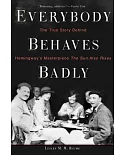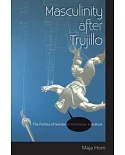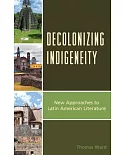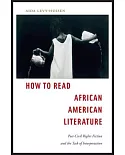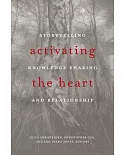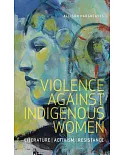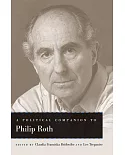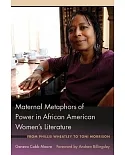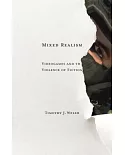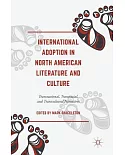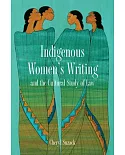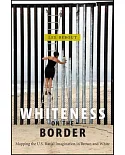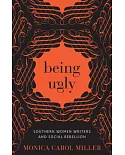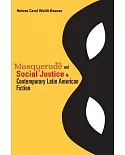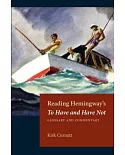In the wake of all that is changing in local and global cultures--in patterns of migration, settlement, labor, and communications--a radical interaction has taken place that, during the last
quarter of the twentieth century, has shifted our understanding of ethnicity away from 'ethnic in itself' to 'ethnic amidst a hybrid collective'. In light of this, Caroline Rody proposes a new
paradigm for understanding the changing terrain of contemporary fiction. She claims that what we have long read as ethnic literature is in the process of becoming 'interethnic'. Examining an
extensive range of Asian American fictions, The Interethnic Imagination offers sustained readings of three especially compelling examples: Chang-rae Lee's ambivalent evocations of blackness,
whiteness, Koreanness, and the multicultural crowd in Native Speaker; Gish Jen's comic engagement with Jewishness in Mona in the Promised Land; and the transnational imagination of Karen Tei
Yamashita's Tropic of Orange. Two shorter "interchapters" and an epilogue extend the thematics of creative "in-betweenness" across the book's structure, elaborating crossover topics including
Asian American fiction's complex engagement with African American culture; the cross-ethnic adoption of Jewishness by Asian American writers; and the history of mixed-race Asian American
fictional characters.


